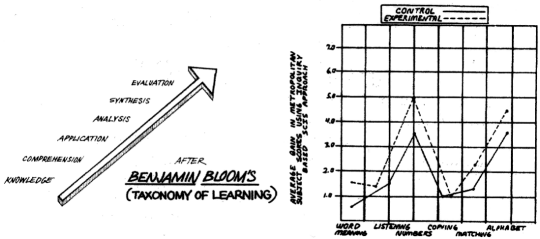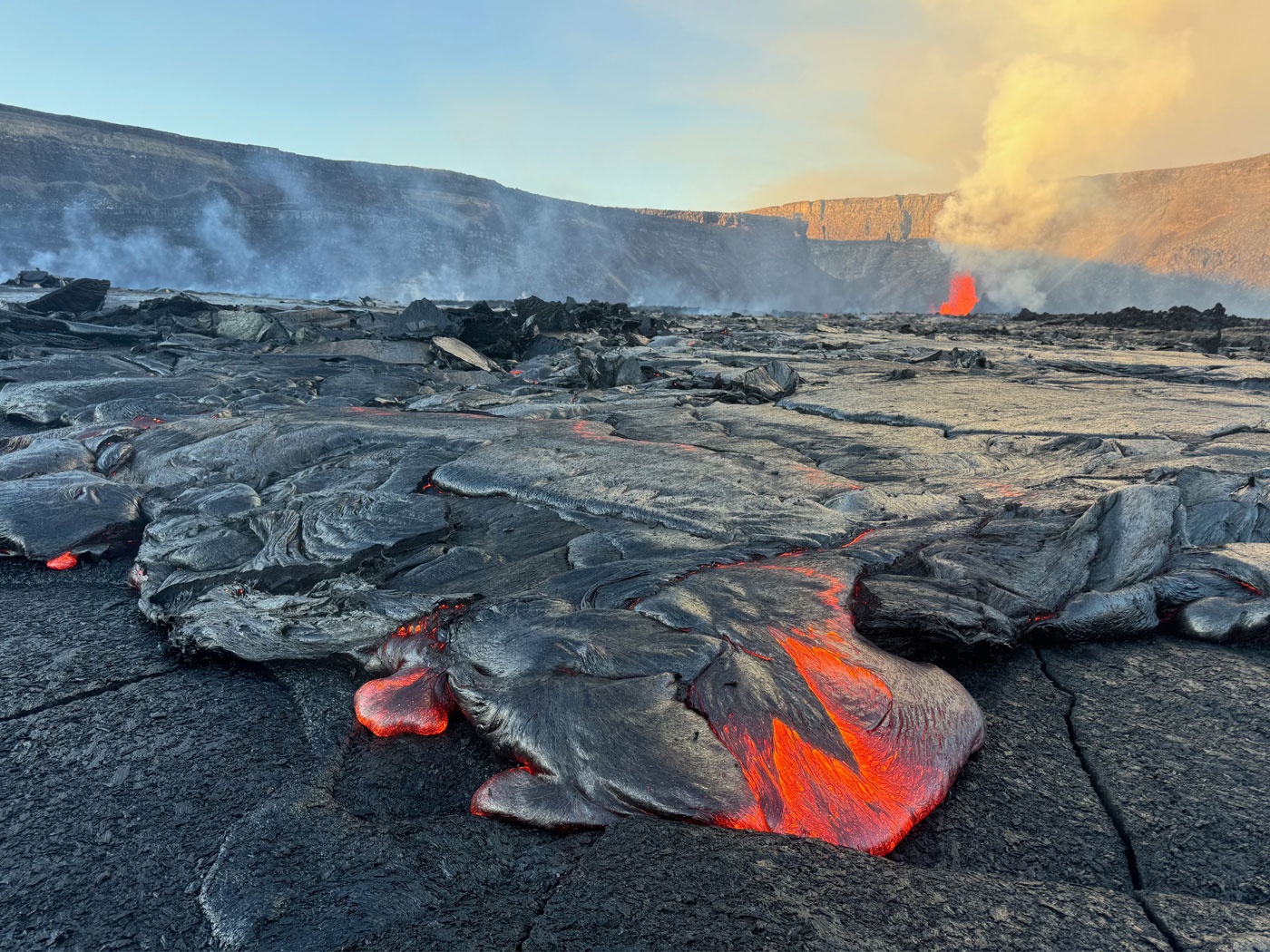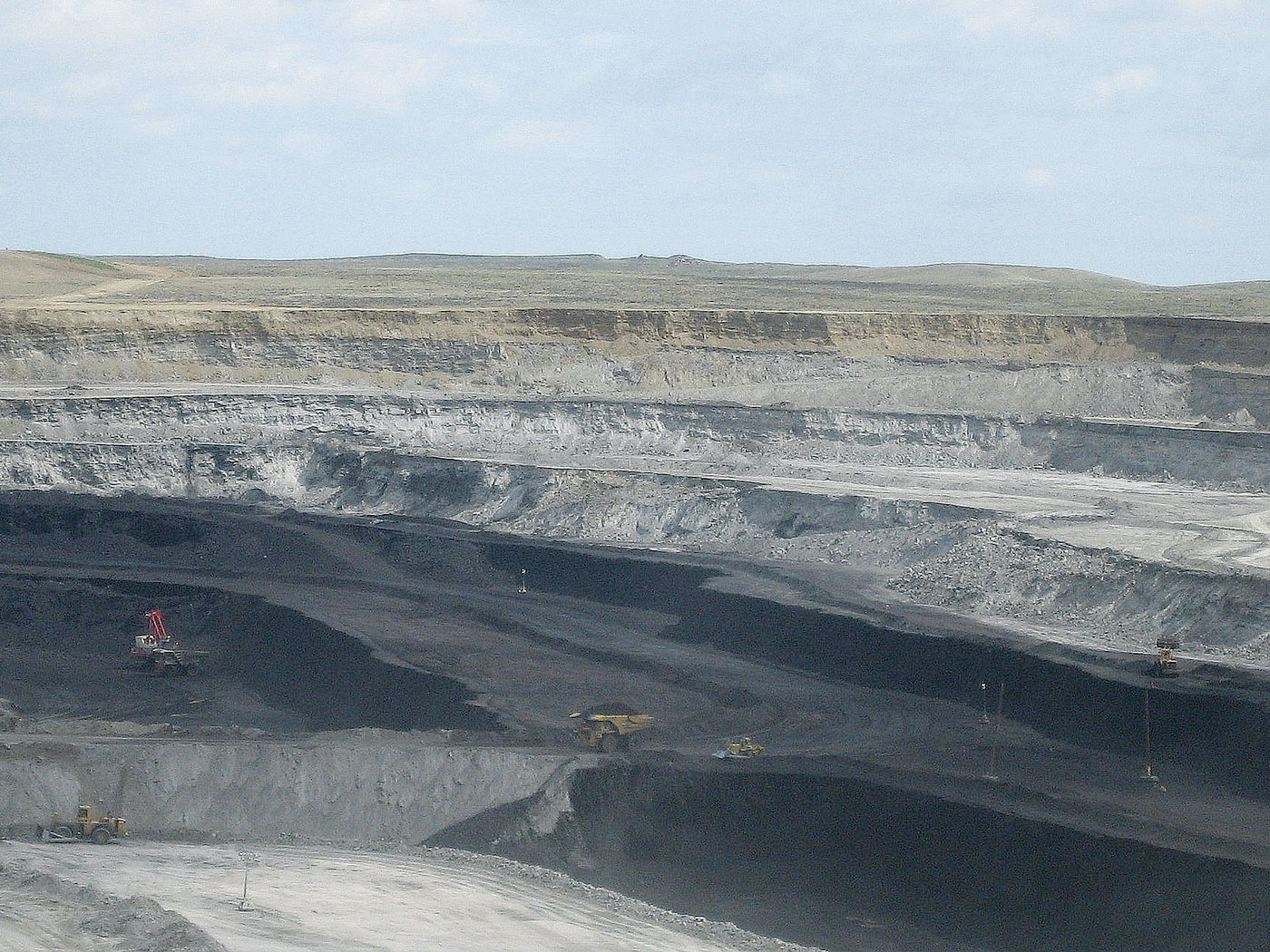The advent of home-school and Christian-school education brings
with it a challenge for excellence in science education. It
seems that the door of opportunity is wide open for curricular
excellence in science to be brought into a God-centered context.
There is, at the fingertips of every parent and Christian school
teacher, an opportunity that transcends anything that public
education has to offer children at this time.
Today we hear leaders in education claiming that they are ready
to try new approaches in educating young people. Nevertheless,
in spite of all these new efforts, there is turmoil in the teachers'
camp.1 Former Education Secretary William Bennett
says the nation's education system "is getting a little
better, but it is nowhere near where it should be."2
It seems apparent that, by every standard for quality
science education, the average classroom is found wanting.3
Whether in the public school classroom, the Christian school
classroom, or in the living room of those courageous parents
who are teaching their children at home, the evidence appears
to indicate that fewer students, tending to bring the instructor
closer to the learner, is certainly a part of the answer. A
smaller class size not only offers a more "individualized"
approach, but it appears to be the most productive approach
to science education and education in general. In view of the
studies that are on record, it also appears that both the Christian
school classroom and the home school classroom have a distinct
advantage in producing the better-educated product for this
world in which we live. The question is, are they capitalizing
on this advantage and producing this better product in science
education? A secular-based survey of 58,728 high school students
showed that the students believed Christian schools are better
because academic standards are higher, there is stricter discipline,
and there is greater dedication to the teaching profession than
is generally found in public education.4
The following is what we should not expect, according to the
best research in science education:
- that science courses would be nothing more than a repetition
of facts; - that science courses would be nothing more than history
courses;5 - that science courses would not provide activity-oriented
hands-on experiences.
Clearly, this kind of science curriculum does nothing to develop
critical thinking skills in the student at the elementary level.
Also, there is ample evidence that science, as now taught in
many elementary classrooms (repetition science), does not carry
over into real life.6
On the other hand, what should we expect from Christian
education, according to the most current research on methods
in science education?
- that science courses should develop the necessary skills
in the critical thinking process, as well as the skills of
scientific inquiry; - that science courses would be developed through activity-oriented
curricula; - that science courses would be challenging to the students
on the higher taxonomic levels of learning, such as analysis,
synthesis, and evaluation (note diagram of Bloom's Taxonomy); - that science education would incorporate math, reading,
and writing, and be generally interdisciplinary; - that our science courses and accompanying curricula would
be clearly centered on the attributes of God.
Considering the five foregoing statements of expectations for
good science education, what should we be doing in the Christian
and home school classroom that will not only bring about the
highest quality of science education, but, of necessity (we
don't have tax-based funding), bring this education about in
a financially reasonable context?
Considering the first statement, what objectives should
the Christian and home school teacher have that will develop
critical thinking skills? From current thinking, it appears
that these skills should be basic to all education practices.
The skills to which we refer are often divided into three general
sequential categories:
- the enabling skills, such as perceiving (observing-comparing-contrasting),
conceiving (grouping-labeling-classification-categorizing),
seriating (ordering-sequencing-patterning-prioritizing); - the process skills, such as analyzing (fact/opinion-relevant/irrelevant
information-reliable and unreliable sources), questioning,
and inferring (meaning of statements-cause and effect-generalization-predictions-assumptions-point
of view); - the operational skills, such as logical reasoning
and evaluation. Placing all of these skills together
in the learning process ultimately results in critical
thinking.7
Critical thinking is creative, and leads to higher levels in
the thought process. In this respect, critical thinking should
be the aim of all Christian educators who are looking for quality-curriculum
development.
 |
Critical thought also requires the keenest thinking process,
and therefore resides at the higher levels of learning.8
In science education, we can reach these goals through the process
skills of scientific inquiry.
The second statement is that science courses should
develop skills of scientific inquiry through activity-oriented
curricula. Reading about and repeating what the scientist does
is not the way to develop an operational (working) understanding
of the skills of scientific inquiry. Repeating an experiment
that has prescribed correct answers offers the pupil no opportunity
to think creatively about what he has observed; therefore, the
key to developing inquiry skills, in an operational sense, seems
to reside largely in open-ended science activities. For the
student, this means that he will make key observations in the
physical and life sciences, and then answer, "I-wonder-why?"
types of questions. The freedom to explore leads to further
discovery, and, in the process, develops the crucial skills
of scientific inquiry and critical thought.
The third statement is that science courses should be
challenging to the pupil. Motivation in science, or any other
subject matter, is predicated on making the learning challenging
and relevant. This can be done through enthusiastic instruction
and challenging activities in the real world. The excitement
of observing real live guppies and plants in the aquarium is
highly motivating for a first-grade pupil. Working with living
communities, ecosystems, electricity, and models is equally
exciting for 5th and 6th graders. The observations the pupil
makes help in developing critical thinking when attacking the
"I-wonder-why?" questions. The same is true in the
physical sciences, when the pupil is dealing with objects, properties,
interactions, systems, etc. Furthermore, a "scope and sequence"
for science that is developed around general concepts of science
(environments, energy sources, ecosystems, systems, etc.) is
more likely to develop challenging inquiry experiences that
are more in tune with the real world.9 For example,
studying about astronomy, the atom, geology, human anatomy,
etc., offers excellent ancillary reading for the student, and
should be included in the total education package; however,
none of these specific topics offer much, if any, opportunity
for open inquiry in the K-6 curricula.
The fourth statement is that those in Christian schools
and home school education should expect science education to
be interdisciplinary and in context with the total learning
process. We should avoid the idea that science is somehow separate
from reading, writing, and arithmetic. Making use of the excitement
of scientific observations, pupils can be challenged to read,
write, do math, and respond orally to the activities in which
they are engaged. In this manner, science should become part
and parcel of the whole curriculum. Scientific studies have
shown that an interdisciplinary approach to science education
in K-6 enhances success for the pupil in key areas of learning.
In recent studies reported by the National Science Supervisors
Association, we see reading in the content area of science showing
a statistically significant gain in short and long term recall.10
There are additional studies that clearly show the advantages
of using the "process skills approach to scientific inquiry"
(note the diagram above) as a significant aid in developing
reading readiness and math readiness."
The fifth statement is that we in Christian education
should expect our science courses and accompanying curricula
to be clearly centered on the attributes of God. Science has
"built-in" qualities that make the inquiry approach
particularly adaptable to this curriculum imperative. The frustrations
of science, when attempting to get at first causes in the question
of origins, are eliminated when we accept the clear and tested
historicity of Scripture; therefore, this must be a mandate
for any God-centered curriculum. Creation will become an integral
part of learning, when the K-6 child explores the handiwork
of God.
The path for excellence in science education in the home school
and Christian school classroom is clear and available. The new
curriculum, "Good Science for the Home School and Christian
School"12 appears to offer this path in a realistic
way.
REFERENCES
1. Education Week, Vol. VII, No.
26, March 23, 1988.
2. Education Week, Vol. VII, No. 29, April
13, 1988.
3. "What Works" - Research About Teaching
and Learning. U.S. Dept. of Education, 1986.
4. 1. James Coleman, (Survey 58,728 High School
Students), National Center for Education Statistics, University
of Chicago, 1982.
5. The Spirit of Science, Thomas M. Weiss, NARST,
Vol. 53, No. 4.
6. Evaluation of the Use of Science: A Process Approach
with Pre-School Age Children: Jerry Ayers, NARST, Vol. 53, No.
4, October 1969.
7. Project Impact, Orange County Dept. of
Education, December 1982.
8. Bloom, Benjamin S. (ed.) Taxonomy of Education
Objectives (New York: Longmans Green, 1956).
9. From SCIS to PELE: Herbert D. Thier, Science
Education, 65(l): 105-113 (1981) John Wiley and Sons Inc.
10. Reading in the Content Area of Science, Thomas M. Fisher,
NSSA Summer Issue, p. 6, 1987.
11. Teaching Science in the Elementary School, "Total Conservations
by Task Using Inquiry Based SCIS Approach," John Renner,
Don Stafford, William Ragan, Harper & Row, 1973, pp. 88,89.
12. Bliss, Richard, Good Science Under the Attributes of
God, Master Books, 1988.
*Former Director of Science Education, Unified
School District #1, Racine, Wisconsin. Former Director of ICR's
Curriculum Development.











